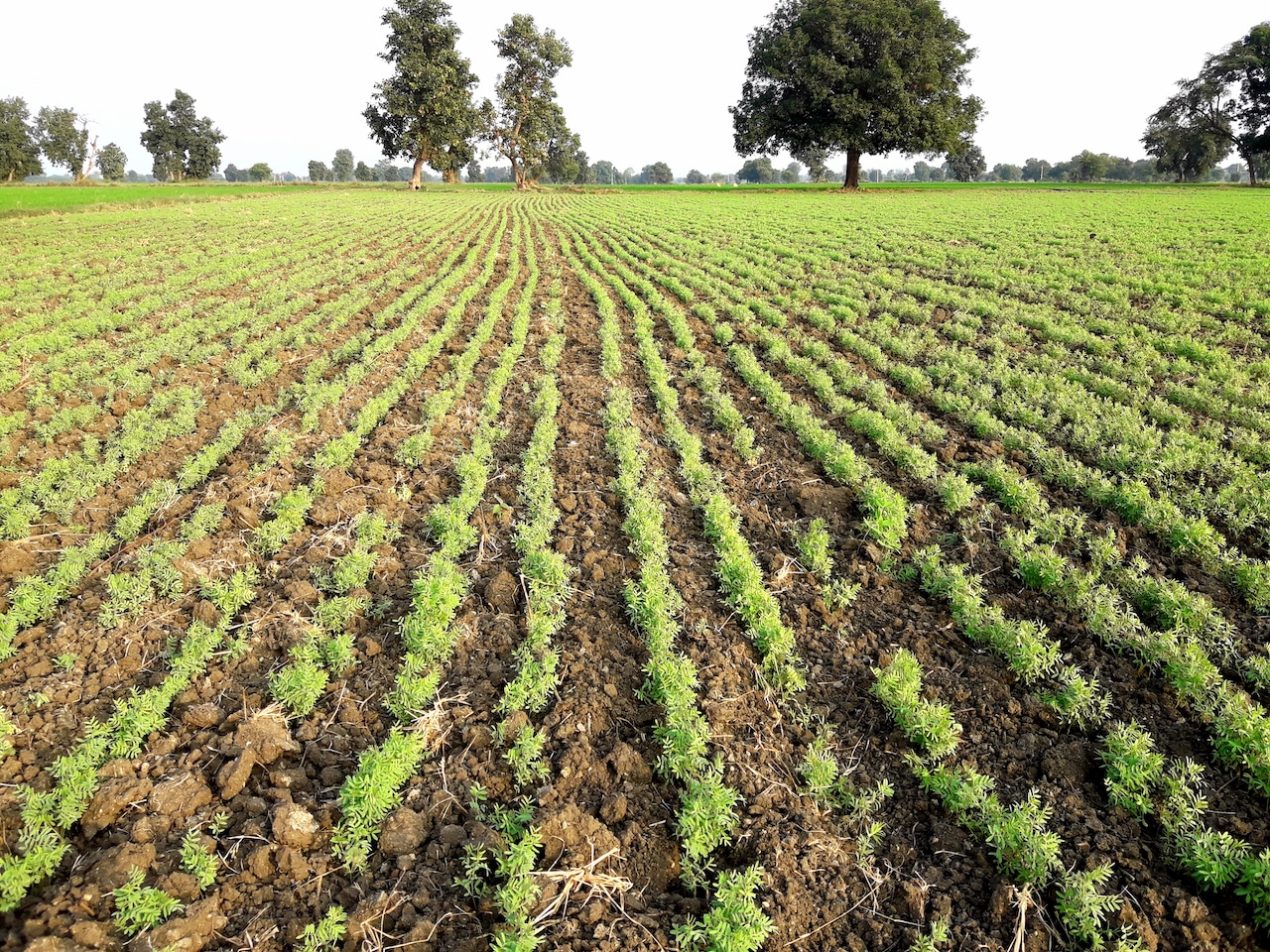The Government’s response to the National Food Strategy (NFS) review, which has today been published by Defra as a White Paper, has been described by the Soil Association (SA) as ‘thin gruel’.
Rob Percival, head of food policy at the SA, says while Henry Dimbleby’s NFS set out a ‘bold and ambitious vision to make good food accessible for all’ – and although the White Paper itself states that the food and drink sector ‘has an important role to play in the … levelling up agenda’ – governmental action is still missing. “The Government’s response feels like thin gruel, falling far short. At a time when people are going hungry and the climate, nature and public health crises are escalating, the absence of leadership is palpable.”
But, counters Percival, ‘there are fragments of policy that offer hope’. He highlights the ambition that ‘half of public sector expenditure should be spent on food produced locally or to higher environment standards, like organic’. “Pioneering caterers working with our Food for Life programme prove that higher welfare and sustainable produce can be served on a cost neutral basis, if they are supported to redesign menus to include less and better meat. If implemented as part of a wider package of reforms to public procurement, this policy could be transformational.”
There are fragments of policy that offer hope
In his foreword George Eustice, Environment Secretary, promises a future agriculture policy which seeks to ‘financially reward sustainable farming practices, make space for nature within the farmed landscape and help farmers reduce their costs’. But Percival says the Government needs to go further: “We … welcome the proposed land use framework aiming to set out how sustainable farming will feature in the UK landscape, but we are yet to see vital reduction targets with support for farmers to end reliance on artificial fertilisers and pesticides, which we know contribute to nature and climate breakdown.”
Summary of key Government measures:
- To deliver a prosperous agri-food and seafood sector that ensures a secure food supply in an unpredictable world and contributes to the levelling up agenda through good quality jobs around the country
- To deliver a sustainable, nature positive affordable food system that provides choice and access to high quality products that support healthier home-grown diets for all
- To deliver export opportunities and consumer choice through imports, without compromising our regulatory standards for food, whether produced domestically or imported.
Speaking on behalf of ProVeg UK Jimmy Pierson, director of the food awareness organization, notes the White Paper’s failure ‘to even mention the climate impact of meat and dairy’. “[It] omits any reference to plant-based food as a solution to the climate crisis [and] is a dereliction of duty. It’s a cop out, and largely ignores the National Food Strategy, which called on the nation to eat 30% less meat. Instead, the Government has served up 30 pages of precious little, wasting a golden opportunity to fix our broken food system. I’m sure we’re not the only organization dedicated to securing a healthier and more sustainable future that’s in utter despair with this Government today.
“While we support the Government’s sentiments on educating children around healthy and more sustainable food, it falls short of any meaningful way of reducing the barriers and making them more accessible to all, which is so desperately needed.”
It’s a cop out, and largely ignores the National Food Strategy
As an advisor to Dimbleby, the SA says it will continue to apply pressure on the Government for full adoption of NFS recommendations, including but not limited to:
- Stronger government leadership and an overhaul of public procurement, with standards ‘updated and mandated’ across the public sector
- Greater availability of local, sustainable British produce available to schools and hospitals
- An end to the ‘loophole’ which allows caterers to purchase low welfare meat from overseas suppliers
- Food for Life to be used more widely as a model for a ‘whole setting approach’ to public sector food
- The expansion of free school meals
- Reduction targets for artificial fertilizer and pesticide use
- Investment in farmer-led innovation
- A salt and sugar levy
- A louder dialogue around dietary changes, with a ‘rapid move away from intensively produced grain-fed meat, especially poultry’. The SA underlines that it continues to support a ‘less but better’ approach to meat consumption and a move away from public reliance on ultra-processed foods.





